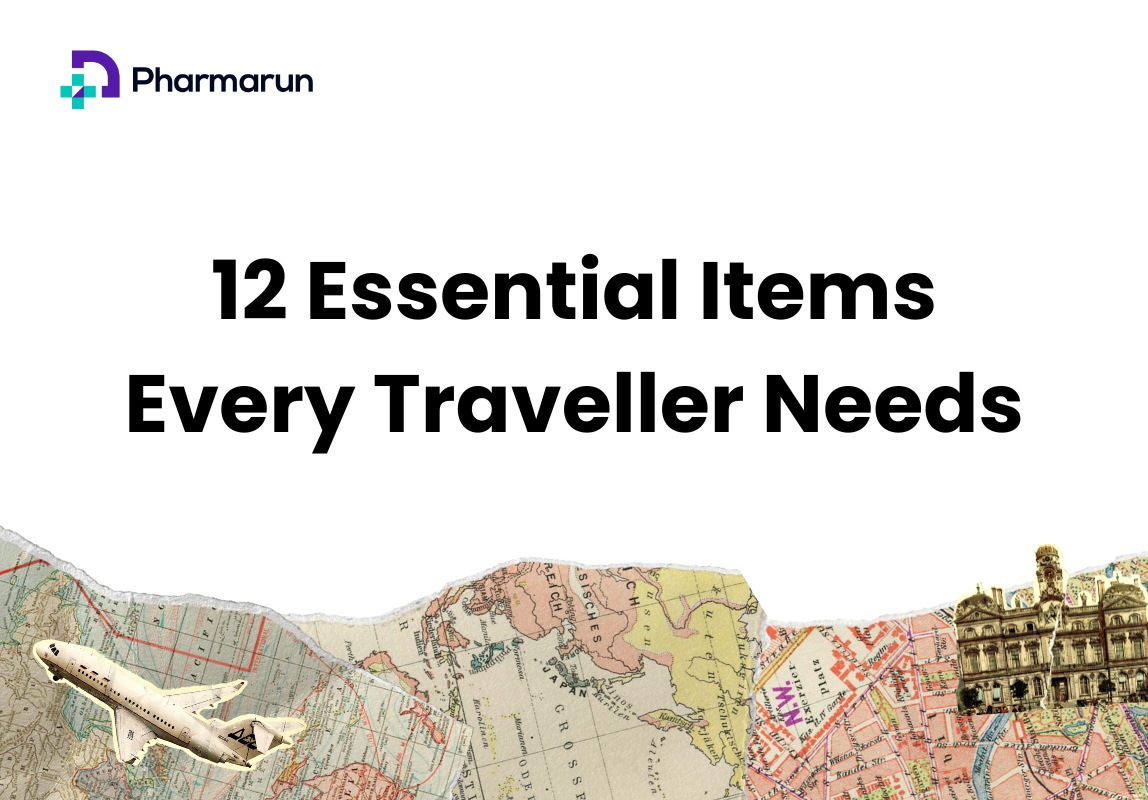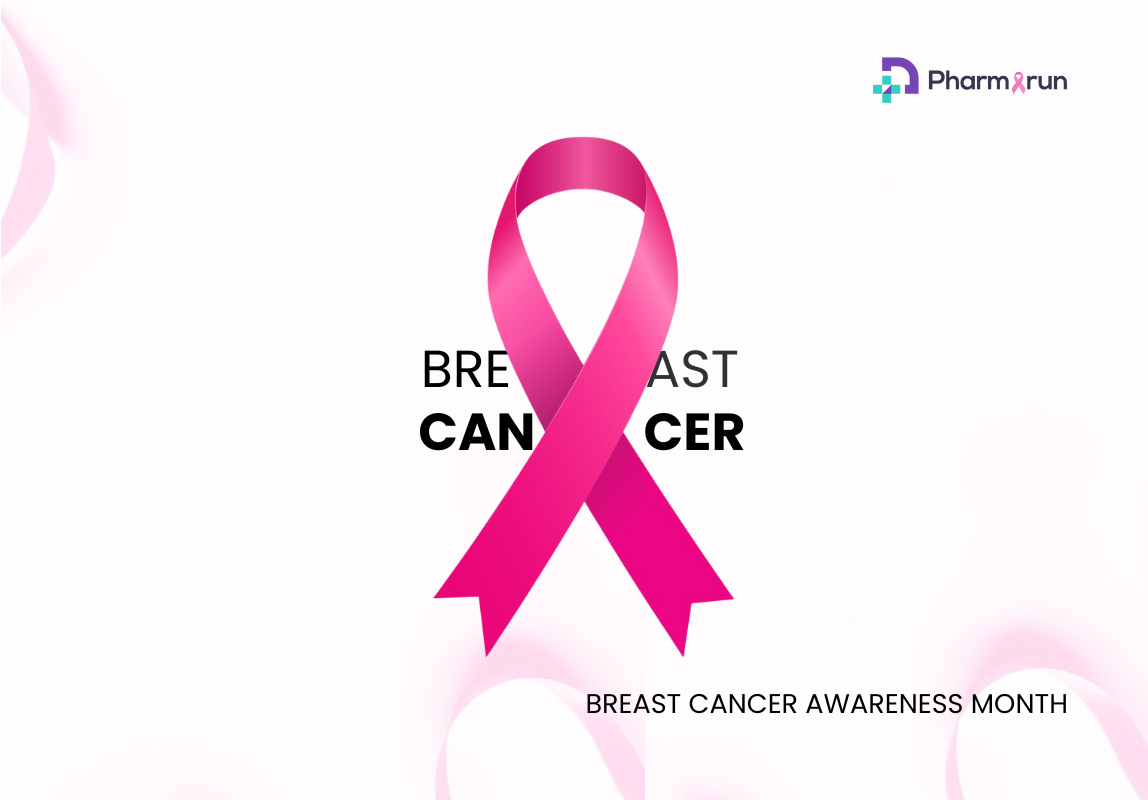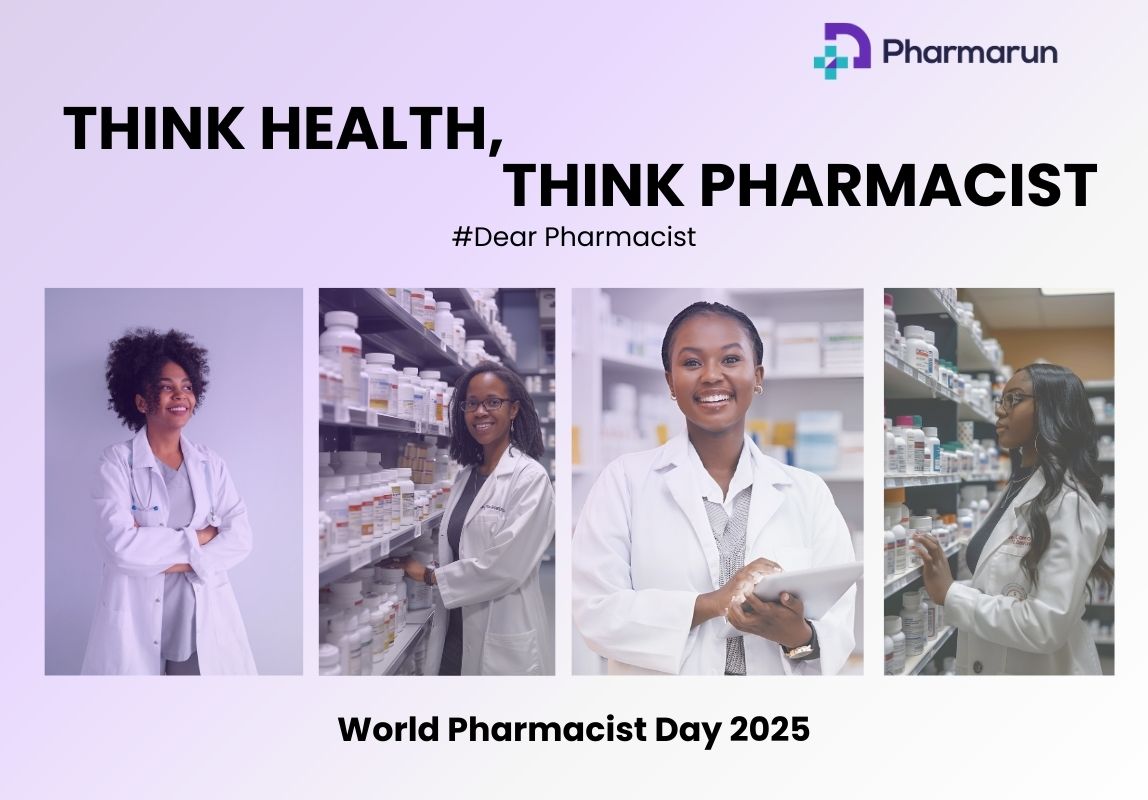World AIDS Day: Understanding The Importance #Equalize

World AIDS Day was created to fight the stigma around the people living with the disease. Since the first case of AIDS was diagnosed on the 5th of June, 1981, more than 40 million people have died from it, and about 38.4 million people are living with HIV. This makes it one of the most destructive pandemics in medical history. Due to this, World AIDS Day is celebrated annually to implore the general public and the government to implement more practical programmes to fight this global health concern.
The 2022 theme for World AIDS Day is “Putting Ourselves to the Test: Achieving Equity to End HIV. Thistheme implores everybody to come together in order to completely destroy the barriers to prevention, testing and access to HIV/AIDS care. It also encourages us as a community to end the stigma against people living with the disease and provide policies that can help them live a wholesome life.
HIV and AIDS: What is the difference?
Although people often use HIV and AIDS interchangeably,they are not the same diagnosis or condition, so they do not mean the same thing.
Human Immunodeficiency Virus or HIV is a virus that degenerates the immune system. The virus attacks the cells that help the body fight infections, thereby making them more vulnerable to fight diseases and infections. As a result of this, the immune system is unable to work as optimally as it should. People contract HIV through fluids from someone that is already infected, which can happen through sexual intercourse and sharing sharp objects.
Unfortunately, the disease has no cure, and if leftuntreated, HIV can lead to Acquired
Immuno-Deficiency Syndrome (AIDS)
Acquired Immuno-Deficiency Syndrome (AIDS) on the otherhand is the third stage of HIV infection that happens when the immune system isdamaged because of the HIV virus. As the most advanced stage of HIV infection,the virus has destroyed almost all the immune cells, thereby damaging theimmune system. Unfortunately, people living with AIDS are prone to developing life-threatening conditions.
A person with HIV is considered to have progressed to AIDSwhen;
● the number of their CD4 cells falls below 200 cells per cubic millimetre of blood.
● the patient develops one or more opportunistic infections irrespective of their CD4 count.
Thankfully, due to the giant strides in medicine, HIV/AIDS is no longer a death sentence. People diagnosed with HIV do not necessarily develop AIDS if they take HIV medicine as prescribed by their physicians (known as Antiretroviral) the progression of the disease.

How can we support people living with HIV/AIDS?
As we all know, HIV/AIDS currently has no cure, and as such, people who have been diagnosed with it or are living with it might feel helpless. This is why we have to support them either as a community or individually.How?
Listen to them
Sometimes, people who have the disease feel like theirwhole world has been turned upside-down. Listen to their fears, hopes, doubtsand anything else they want to share. If they’re not ready to talk about it,that’s totally fine. Don’t push it
Ensure they adhere to their medication
Taking medications as prescribed and as at when sue isparamount for people living with HIV/AIDS. Ask them how you can help themestablish a routine to ensure that they never miss their dosage or skip theirtreatment plans. It could be something as simple as getting a medicationcounter or setting a reminder on your phone.
Learn about the disease
If your loved one or someone around you has been diagnosed with the disease, make it a priority to educate yourself about it. Understand how it is transmitted, treated, and managed. Make yourself familiar with their medical team, terminologies and treatment plans. Doing this shows that you care about them and you’re ready to do what it takes to ensure they live a healthy life.
HIV has continued to be a global health concern, so caring for the people living with this illness, and fighting the stigma around it is a task we must all do individually and collectively.
Lastest bants
Stories, facts and bants on this journey to ensuring access to medication for Africa
Download Pharmarun today!
Get started with us today by using our delivery service. Also, be one of the first to experience our unique healthcare platform.






